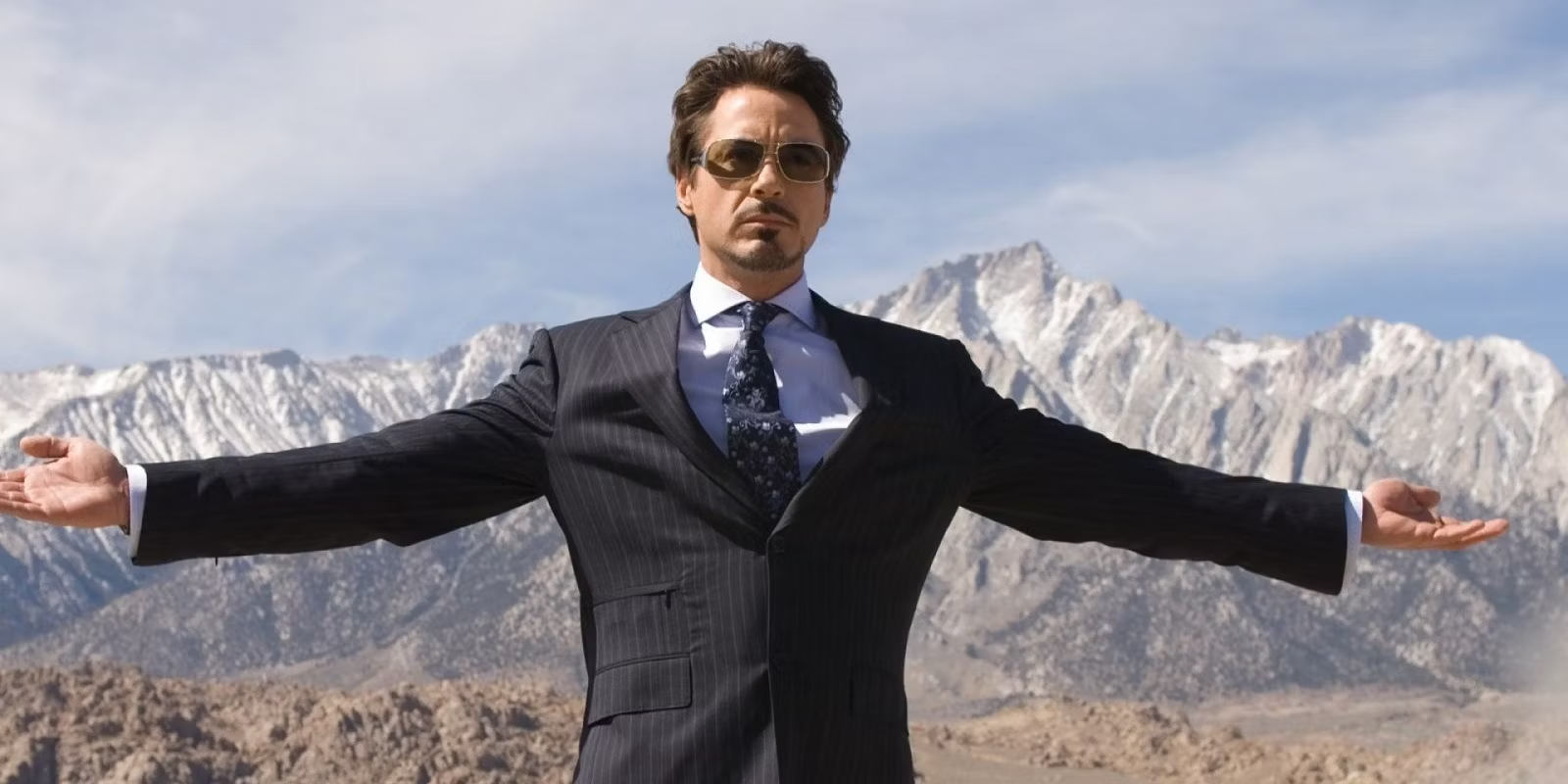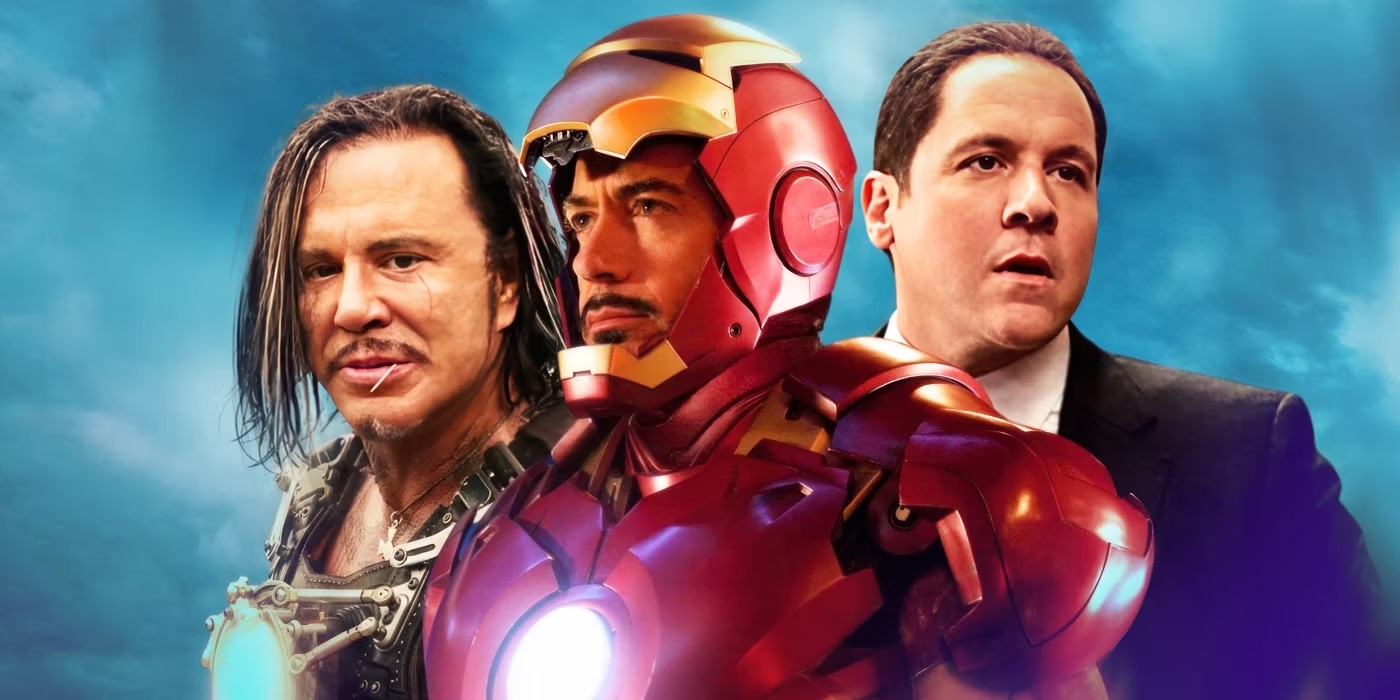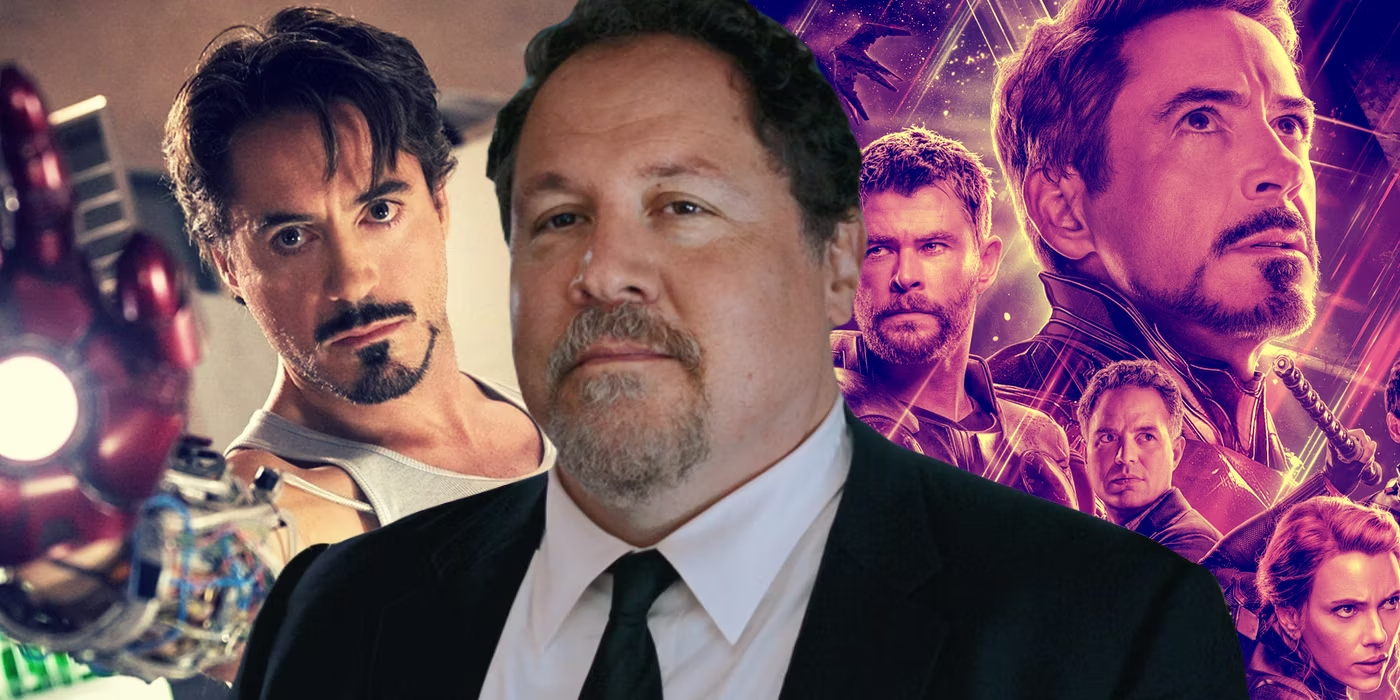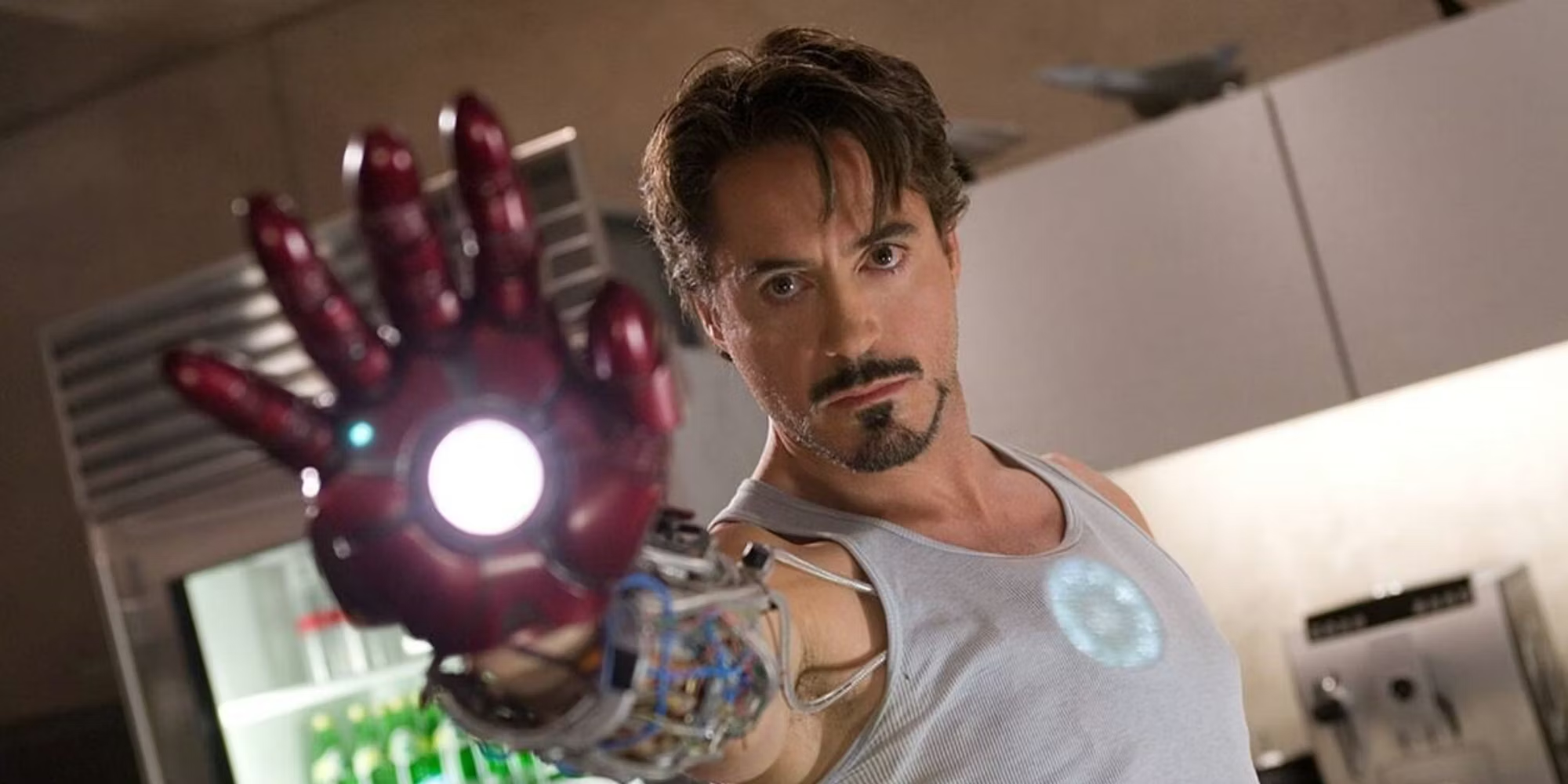In 2008, “Iron Man” not only set the stage for the Marvel Cinematic Universe (MCU) but also marked the beginning of what would become a blockbuster phenomenon. Directed by Jon Favreau and starring Robert Downey Jr., the film was a critical and commercial success, laying the groundwork for an expansive superhero universe. Yet, the journey was not without its challenges and controversies, particularly when it came to the creation of certain scenes and dialogues.

Behind the Scenes with Jon Favreau and the Department of Defense
One of the notable behind-the-scenes disputes involved Jon Favreau and the U.S. Department of Defense. The collaboration initially seemed like a routine aspect of production, given the military themes in “Iron Man.” However, tensions arose over a specific line of dialogue in a deleted scene, revealing the complexities of filmmaking when government entities are involved. The contentious scene featured Tony Stark, portrayed by Robert Downey Jr., in a flirtatious and somewhat provocative exchange that pushed the boundaries of the film’s family-friendly mandate.
In this scene, Stark teases a potential threesome, leading to a humorous yet controversial remark from a U.S. military character about the enviable nature of Stark’s lifestyle. The original line, according to the Department of Defense’s liaison, Phil Strub, made light of suicide, which was deemed inappropriate.

Strub’s refusal to approve the dialogue led to a significant alteration by Favreau, who proposed a less problematic line involving walking over hot coals. This quick fix was readily accepted, yet the scene itself was ultimately left on the cutting room floor, as reported by Looper.
The Cultural Impact of Iron Man and the MCU’s Evolution
“Iron Man” did more than introduce a new superhero; it sparked a golden age for Marvel, culminating in almost $30 billion in profits over the years. The film’s legacy is profound, influencing not only subsequent Marvel films but also the entire genre of superhero cinema. The MCU’s approach has traditionally leaned towards subtlety and a PG-13 rating, even when tackling sensitive subjects.
However, the narrative landscape of the MCU is shifting. With the upcoming “Deadpool & Wolverine,” the franchise appears ready to embrace a more unrestrained and edgy tone, likely influenced by the popularity of characters like Ryan Reynolds’ Deadpool.

This transition signifies a potential shift away from the subtlety that characterized earlier phases of the MCU.
Reflecting on the MCU’s Direction and Future
As the MCU continues to evolve, the inclusion of edgier content reflects both audience demand and the natural progression of its storytelling. While “Iron Man” and Tony Stark’s journey began with certain constraints, the future of the MCU, as indicated by “Deadpool & Wolverine,” promises a broader narrative scope and a willingness to explore more mature themes.
This evolution is not just a response to changing audience tastes but also a strategic move to keep the franchise relevant and engaging. As the MCU expands, it continues to explore new horizons, ensuring that its legacy, much like Tony Stark’s impact, will be felt for years to come.
